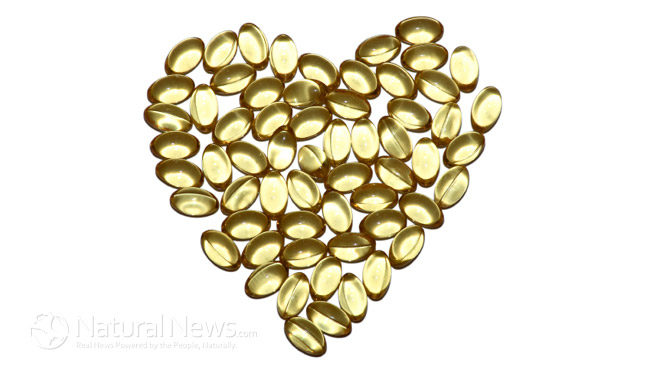All winter my friend had been suffering from fatigue, weakness and muscle aches. Apprehensive, she visited her doctor. To her relief, the diagnosis was straightforward and easily-treated: vitamin D deficiency.
The need for D
Vitamin D promotes calcium uptake in the gut, allowing calcium from food to be properly absorbed and used by the body. My friends’ aches were signals from her bones and muscles that they needed more calcium. Seeing a doctor quickly was a good decision on her part; if left untreated, calcium deficiency can result in osteomalacia (soft bones) or, eventually, osteoporosis. Vitamin D also has other roles in the body, including regulating neuromuscular and immune function and reducing inflammation (1)(2). It may also confer protection against some cancers, and while in the past it was suggested high vitamin D intake might increase prostate cancer risk, this has been disproved (4)(5).
Vitamin D is found in few foods, none vegan – with the exception of some fortified foods like orange juice, and possibly some mushrooms – so it is of utmost importance that vegans make sure to get adequate vitamin D. A 2009 evaluation of a certain plant-based, low-dairy diet found an increase in parathyroid hormone release in diet adherents. (3). Parathyroid hormone regulates blood calcium levels, and will degrade bone to release calcium if calcium intake, and absorption as regulated by vitamin D, is inadequate.
Vitamin D doesn’t grow on trees… but it does fall from the sky
Fortunately, the primary source of vitamin D is free and always available: sunlight. Of course, overexposure to the ultraviolet radiation in sunlight increases risk of skin cancer, so it is wise to limit exposure. Balance is essential. In Australia an increase in rate of skin cancers prompted a public safety campaign that urged complete avoidance of direct sunlight without protection; as a result of this all-or-nothing approach, the rate of vitamin D deficiency rose significantly (6). People with certain characteristics may be especially vulnerable to vitamin D deficiency, including older adults, individuals who wear covering clothes for health or religious reasons, individuals with high levels of skin melanin, and people with intestinal conditions that interfere with nutrient intake. Be aware: tanning beds do not provide any vitamin D (7)!
Vitamin D overload?
Excessive sun exposure does not cause vitamin D toxicity, and vitamin D overdose from food sources is extremely unlikely. When supplements are taken, however, care must be taken to avoid harmfully high levels. Vitamin D toxicity can cause nonspecific symptoms like weight loss and hearth arrhythmias, and can cause harmfully high levels of calcium in the body (1).
Sources for this article include:
(1) ods.od.nih.gov
(2) www.mayoclinic.org
(3) www.ncbi.nlm.nih.gov
(4) science.naturalnews.com
(5) science.naturalnews.com
(6) ajcn.nutrition.org
(7) www.skincancer.org





